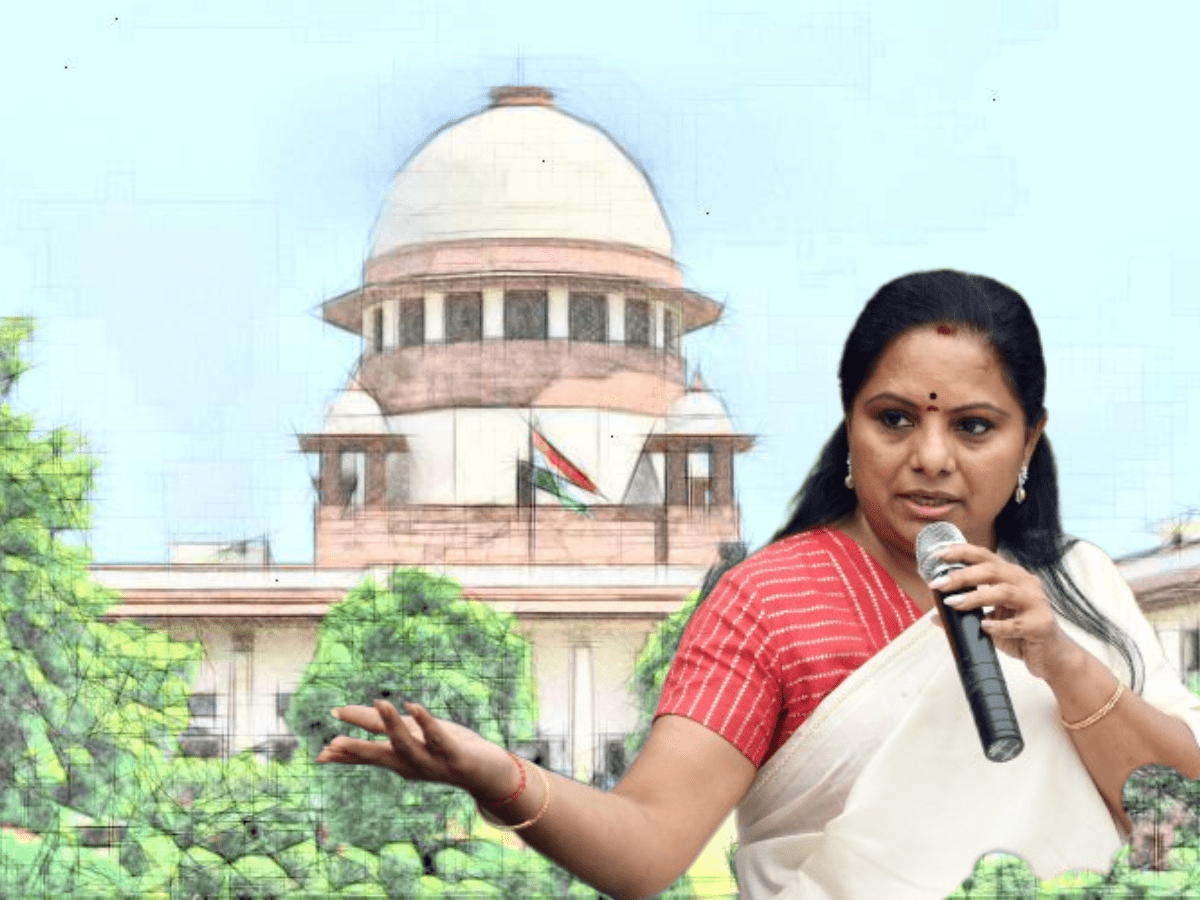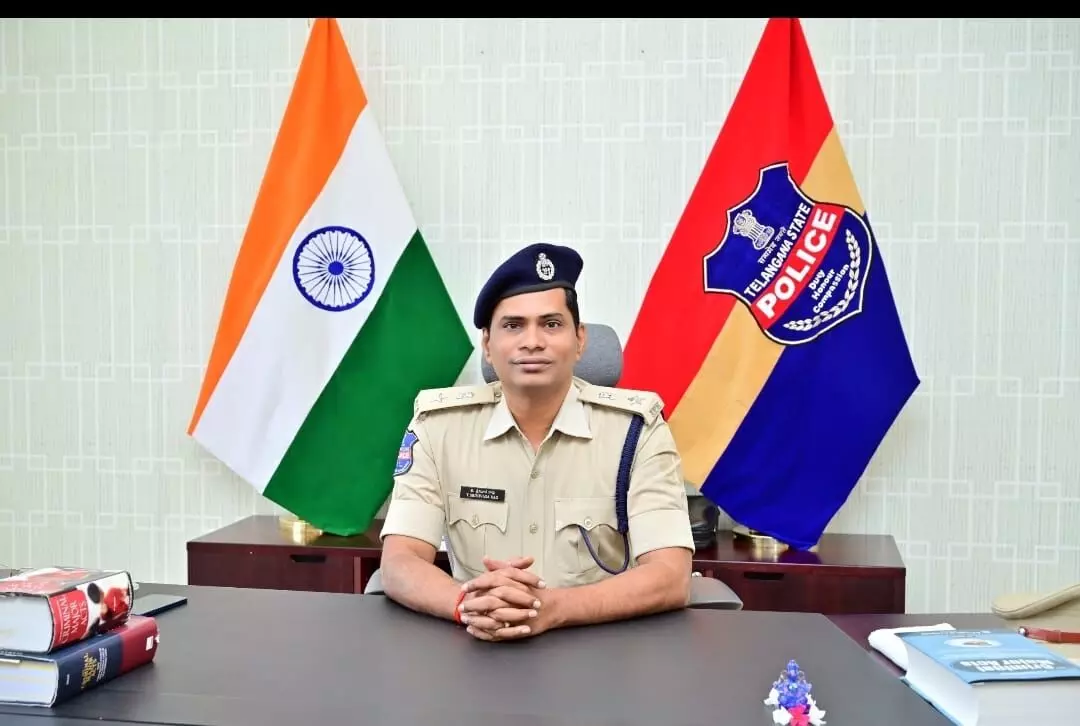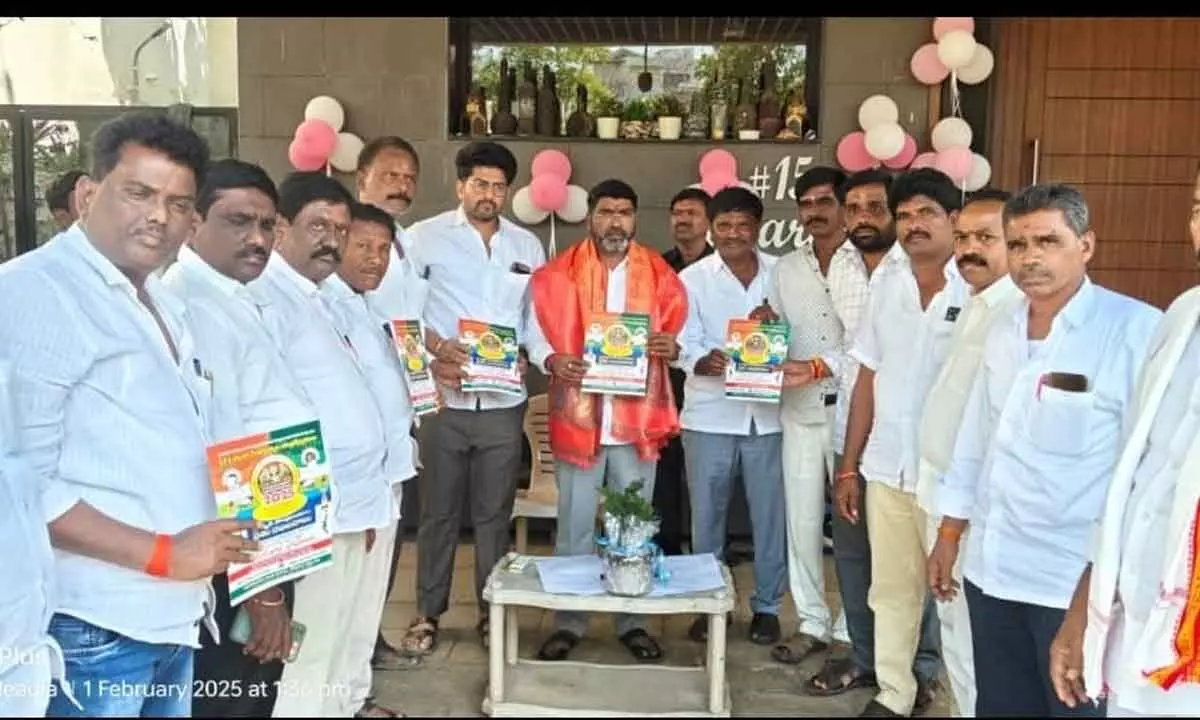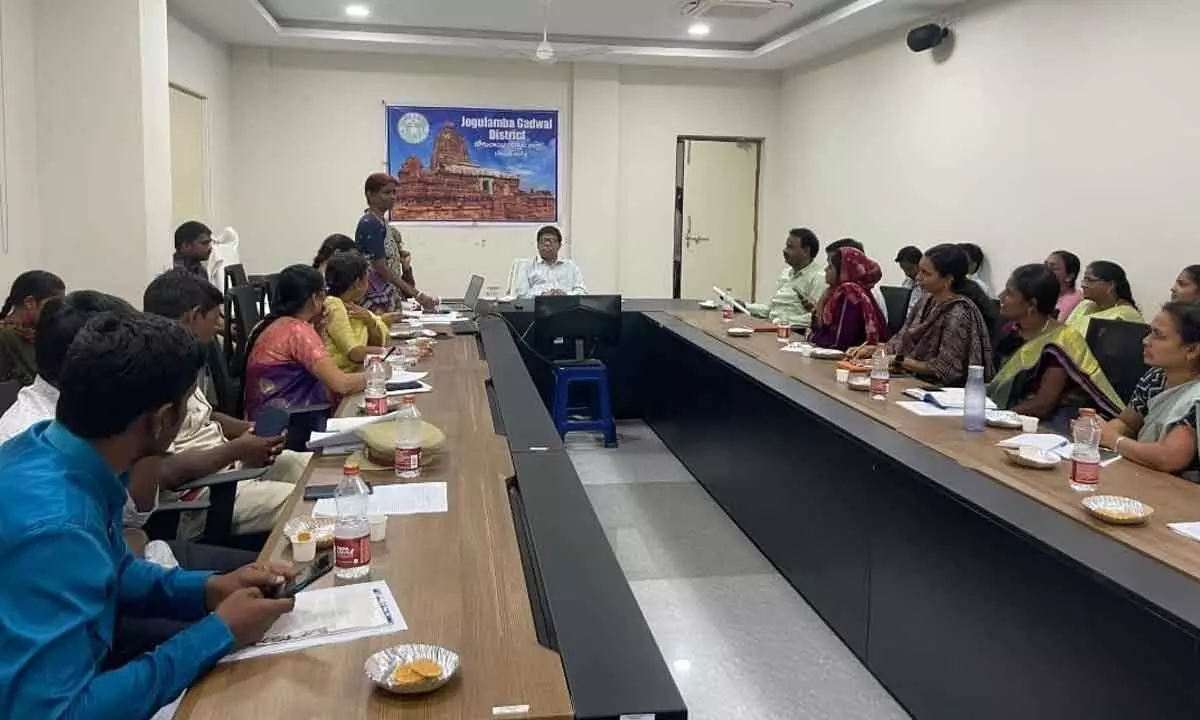Kavitha, the daughter of Telangana Chief Minister K Chandrasekhar Rao, has been denied relief by the Supreme Court in a liquor policy case against ED summons. The case pertains to allegations that Kavitha and her husband, Anil Kumar, had received kickbacks from liquor syndicates during the time when KCR was the state’s chief minister.
The ED had issued summons to Kavitha and her husband in connection with the case. However, Kavitha had approached the Supreme Court seeking relief from the summons, stating that she had no involvement in the matter and that the ED was harassing her for political reasons.
However, the Supreme Court has rejected Kavitha’s plea for relief, stating that the ED was within its rights to issue summons in the matter. The court also observed that Kavitha could approach the appropriate forum to challenge the summons if she felt that they were unjustified.
The case against Kavitha and her husband dates back to 2017 when the Telangana government had introduced a new liquor policy. The policy had led to a significant reduction in the number of liquor shops in the state, which had led to a decline in revenue for liquor syndicates.
It was alleged that Kavitha and her husband had received kickbacks from these syndicates in exchange for ensuring that their interests were protected under the new policy. The allegations had led to a political controversy in the state, with opposition parties demanding an inquiry into the matter.
The ED had subsequently taken up the case and had issued summons to Kavitha and her husband. However, Kavitha had challenged the summons in various courts, stating that she had no involvement in the matter.
The Supreme Court’s decision to deny relief to Kavitha is likely to have political implications in Telangana. KCR’s government has been facing criticism from opposition parties over allegations of corruption and nepotism, and the case against Kavitha is likely to add to the controversy.
The ruling is also significant in the context of the ongoing debate over the role of investigative agencies in India. Critics have accused the government of using agencies like the ED and CBI to target political opponents, while supporters argue that these agencies are necessary to fight corruption and ensure accountability.
The case against Kavitha is likely to be closely watched by both sides of the debate, as it could set a precedent for how such cases are dealt with in the future. It remains to be seen what action Kavitha and her husband will take in response to the Supreme Court’s decision, and whether the case will have any impact on the upcoming state elections in Telangana.














